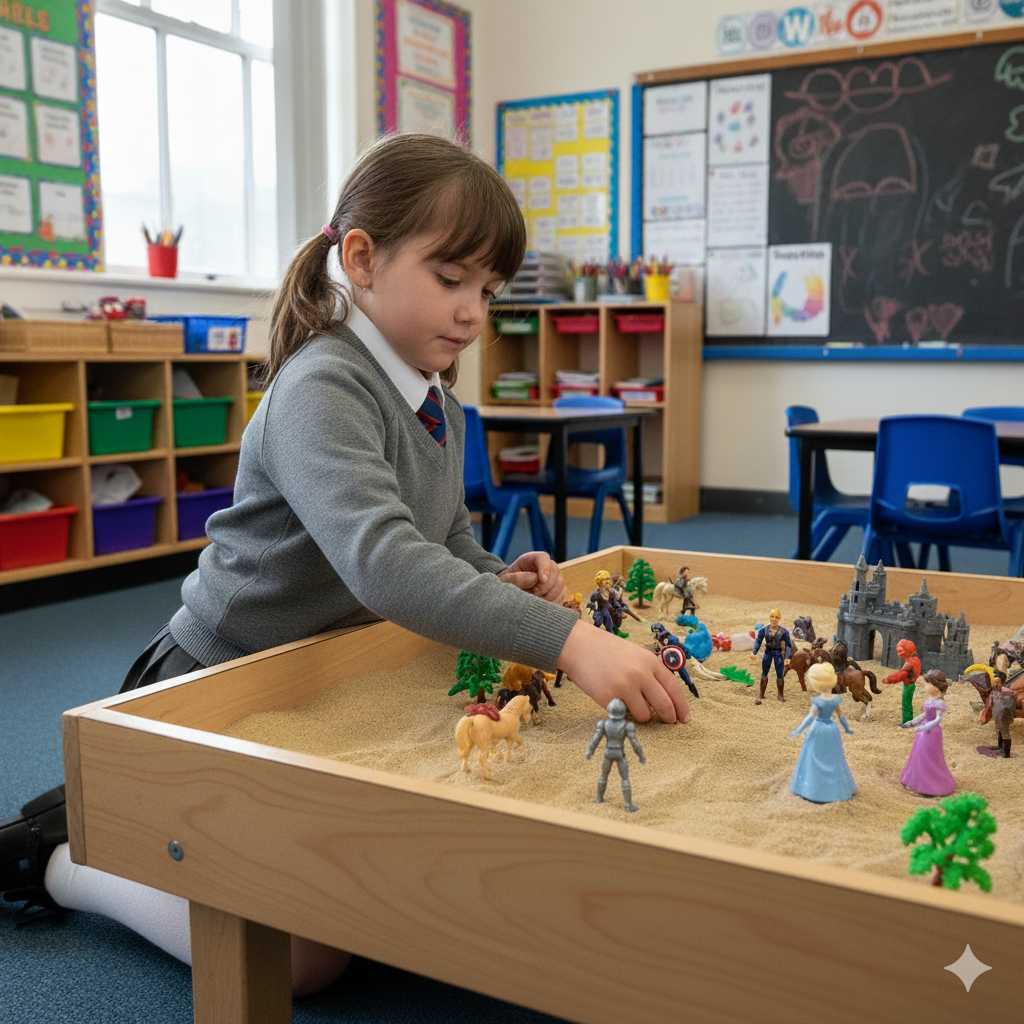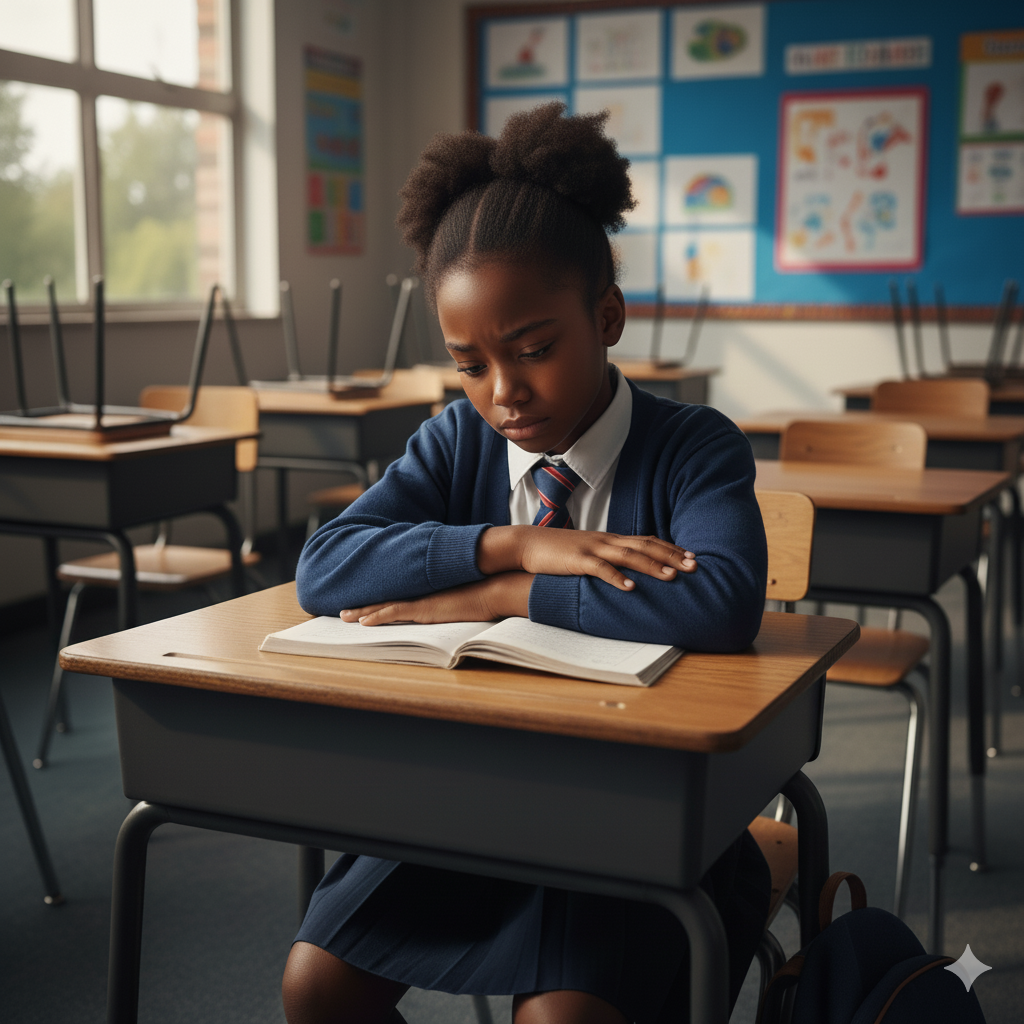
LIFELONG THERAPEUTIC LEARNING:
-
Learn more

Drawing and Talking allows individuals to discover and communicate emotions through a non-directed technique, setting it apart from existing solution-focused and cognitive-based therapies and interventions
Learn more
Creators of a global proactive intervention intended to complement rather than replace the work of Specialist Mental Health Services
Working with vulnerable
-
Full courses
Drawing and Talking has proved invaluable with secondary aged students who find it difficult to talk about their emotions.

Our team's commitment to high quality services provides you with peace of mind.
Individuals
Creators of global proactive intervention intended to complement rather than replace the work of Specialist Mental Health Services.
Organisations
In-house training days are the most cost effective way to train groups of 20 or more staff in the Drawing and Talking therapeutic technique. We offer both Zoom and in-person options.
-
Short courses
Drawing and Talking has proved invaluable with secondary aged students who find it difficult to talk about their emotions.

Drawing and Talking allows individuals to discover and communicate emotions through a non-directed technique, setting it apart from existing solution-focused and cognitive-based therapies and interventions
Short Courses
Our short courses provide 2.5 hours of CPD and can be completed by anyone - not just graduates.
-
Practitioners
In our 20-year history, we have built a community of 20,000 Drawing and Talking Practitioners.
Our Drawing and Talking Practitioners are committed to high-quality therapeutic support. Our Accredited Practitioners maintain an active Drawing and Talking Membership, which includes regular CPD and supervision and coaching. This ensures safe, reflective and effective practice.
- Contact us
- Book now
How trauma can affect adult relationships

Professional Development Newsletter: Issue 4
How trauma can affect adult relationships
As we come to the end of our February ‘Attachment Newsletters’, I want to shift the focus and purpose of these newsletters towards covering a range of topics, from attachment to trauma, Jungian psychology to therapeutic play.
All with the single, most important, outcome of empowering each of you to become the best Drawing and Talking Practitioner that you can be.
Today I want us to explore adults.
The Drawing and Talking technique is now used internationally to support not only children, but adults too.
The trauma suffered in childhood can have a tremendous impact on a client’s ability to engage in healthy adult relationships.
Terry Real, a Licenced Independent Clinical Social Worker, has a way of thinking about the psyche that can help clients understand the aftereffects of trauma and help practitioners retarget their interventions with clients who are struggling in their relationships.
Adults who have suffered trauma (for example, abuse or neglect) go on to develop 3 ego states.
WOUNDED CHILD
Was wounded by abuse or neglect
- A young, vulnerable, possibly pre-verbal child
- Often overwhelmed, yet longs for connection
- Much trauma work focuses on the wounded child
- But it’s NOT usually the wounded child that brings dysfunction into adult relationships
ADAPTIVE CHILD
A child’s version of an adult that developed to protect the wounded child
- Often a perfectionist, harsh and unforgiving
- Sees the world in black and white
- An older child
- Unable to learn skills
- Cares only about self-preservation
- Views intimacy as a threat
- Not only reacts to the aggressor but also identifies with the aggressor
FUNCTIONAL ADULT
Makes thoughtful decisions
- Mature, thoughtful, nuanced, forgiving
- Based in the present
- Understands imperfection and ambiguity
- Makes sense of trauma and its impact on relationships
- Adaptable – unlike the child parts, the functional adult can learn and use new skills
According to Terry Real, it’s usually the adaptive child that creates problems in a client’s current relationships.
That’s important information, and so I want you to take some time to reflect and think about what this might mean for relationships that your adult clients may have, or maybe even your own relationships.
For those of you who do take some time to reflect, we would LOVE to hear from you.
I look forward to sharing our future CPD content with you.
Marcus Adams - Senior Training and Quality Assurance Lead
Latest news
February 23, 2021
February 23, 2021



